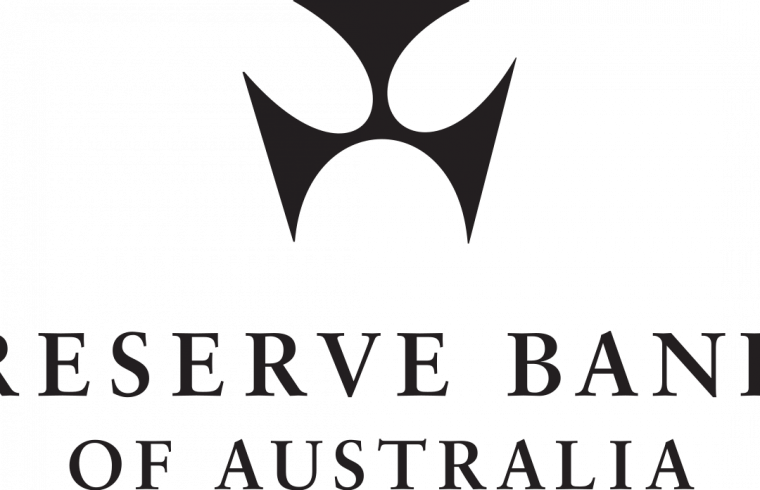The Council of Financial Regulators (the Council) met on Friday, 29 November. The main topics discussed included the following:
- Financing conditions and the housing market. Council members discussed trends in credit and recent developments in the housing market. Growth in housing credit remains subdued overall, with credit to investors particularly weak. Owner-occupier loan commitments and housing turnover in Sydney and Melbourne have picked up, suggesting that a strengthening in credit growth is likely. Mortgage lending standards have been broadly unchanged recently. Overall, near-term risks related to the housing market have lessened as housing market conditions nationally have improved. Members discussed the potential for the current weakness in apartment construction to place upward pressure on prices in some cities over time unless construction picks up. They also discussed the tight credit conditions for small businesses and the reduced risk appetite by many lenders for lending to small business.
- Responsible lending. Members discussed ASIC’s plans to release updated guidance on responsible lending provisions in the coming weeks. The guidance will maintain the current principles-based approach that recognises lenders’ flexibility to determine what is reasonable in individual circumstances. It will also assist lenders to better understand their obligations and reduce the risk of non-compliance. The guidance will also address the confusion around the requirements that apply to small business. It will confirm that responsible lending requirements do not apply to loans made predominantly for business purposes, regardless of the type of security offered for the loan. Council members stressed that the flow of credit is fundamentally important to the functioning of the Australian economy and discussed the concern that lenders’ risk appetite for some types of lending may have swung too far towards caution.
- Cyber risk initiatives. The Council met with representatives of the Department of Home Affairs and the Australian Cyber Security Centre (ACSC) to review the current cyber security environment. They also discussed key initiatives to improve cyber resilience, including the development of the Government’s 2020 Cyber Security Strategy, and application to the financial sector. Council agencies, the Department of Home Affairs and the ACSC will continue to cooperate to improve the preparedness of the financial sector.
- Resolution planning. APRA provided an update on its work to enhance plans for the resolution of individual financial institutions that become distressed. These plans aim to protect the interests of depositors and maintain functions that are critical to the economy or the financial system during times of stress. The Council discussed the work being undertaken by APRA to remove potential operational barriers to resolving a financial institution. They also considered possible operational arrangements that could provide liquidity assistance to authorised deposit-taking institutions (ADI) that do not have self-securitised loans available to access liquidity in the event of severe liquidity stress.
- Non-ADI lending. The Council undertook its annual review of non-bank financial intermediation. Overall, financial stability risks arising from non-ADIs appear limited given the sector’s small size and its minimal links with the banking system. While growth in non-ADI credit for housing has continued to exceed that for ADIs, it remains a small share of total housing lending. The Council welcomed the improvement in data coverage of non-ADI lending following the recent enhancement of APRA’s data collection powers.
- Policy and other developments. Members discussed a number of developments, including the ACCC’s residential mortgage product price inquiry, AUSTRAC’s court action against Westpac, changes to APRA’s structure and trans-Tasman developments.
The Australian Treasurer and representatives of the ACSC, AUSTRAC and the Department of Home Affairs attended for selected sessions.
Council of Financial Regulators
The Council of Financial Regulators (the Council) is the coordinating body for Australia’s main financial regulatory agencies. There are four members: the Australian Prudential Regulation Authority (APRA), the Australian Securities and Investments Commission (ASIC), the Australian Treasury and the Reserve Bank of Australia (RBA). The Reserve Bank Governor chairs the Council and the RBA provides secretariat support. It is a non-statutory body, without regulatory or policy decision-making powers. Those powers reside with its members. The Council’s objectives are to promote stability of the Australian financial system and support effective and efficient regulation by Australia’s financial regulatory agencies. In doing so, the Council recognises the benefits of a competitive, efficient and fair financial system. The Council operates as a forum for cooperation and coordination among member agencies. It meets each quarter, or more often if required.












